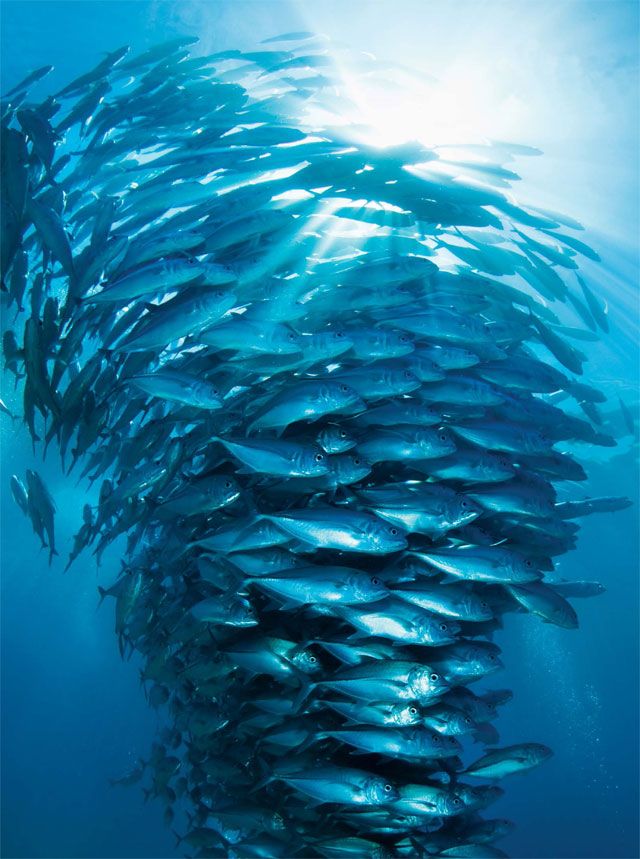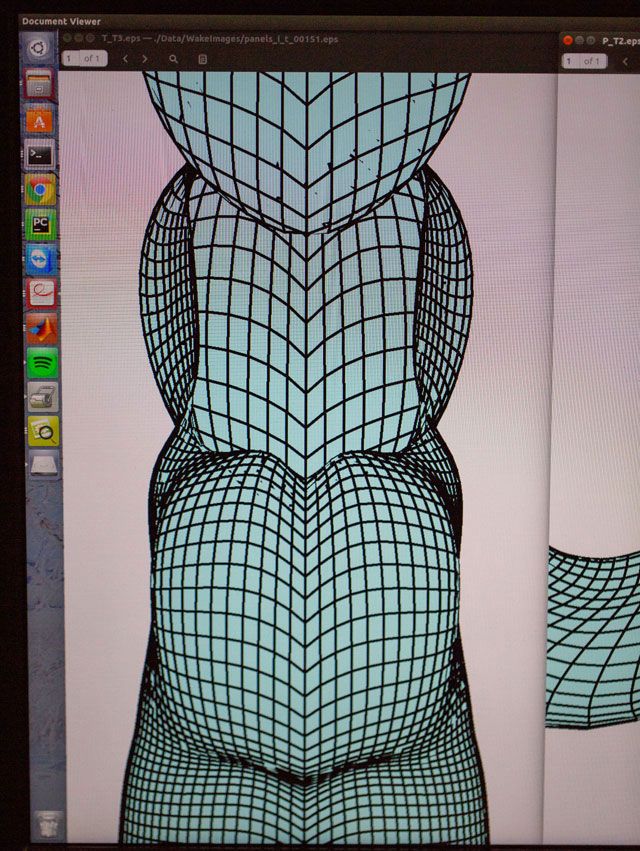Lehigh mechanical engineering and mechanics assistant professor Keith Moored's work in fluid dynamic interactions has earned him an National Science Foundation (NSF) CAREER Award.
Moored's achievement will allow him to advance his exploration into a subject that could ultimately help scientists create vehicles optimized to operate underwater similar to a school of fish.
The NSF CAREER program is considered one of the most prestigious awards granted by the NSF. They are awarded annually in support of junior faculty members across the U.S. who exemplify the role of teacher-scholars through outstanding research, excellent education and the integration of education and research. Each award provides stable support at the level of approximately $500,000 for a five-year period.
Moored was one of 156 engineering researchers recognized in 2017, including 88 institutions spanning 34 states and over $78 million in funding.
"The impacts of NSF early career awards extend well beyond the five years of the grant," said Barry Johnson, acting NSF assistant director for Engineering. "CAREER grantees have thought about their research objectives, the knowledge they want to gather and the innovations they want to create over the long term. CAREER awards set in motion lifetime journeys of research for the investigators, and often for their students, too."
Moored joins an active and successful group of Lehigh engineering faculty who have received NSF CAREER Awards.
His project focuses on extending our knowledge of the fluid dynamic interactions that occur in animal collectives: flocks, schools and swarms. The overarching research goal of the program is to understand the flow mechanisms that occur among unsteady, three-dimensional interacting bodies in complex arrangements. This will help scientists determine the sensitivity of biological networks in relation to overfishing, loss of habitat and the climate change.
"The key to making a breakthrough in the design of high-performance collectives of bio-inspired devices is to understand the fundamental fluid mechanics of collective interactions," Moored explains. "But right now we don't have a thorough understanding of the fluid dynamics between fish in schools."
Moored has specific interests in unsteady fluid mechanics, biological flying and swimming, vortex dynamics, fluid instability, multiple-body fluid interactions/boundary interactions, cell motility, active structures, tensegrity structures and cellular mechanics. He also has related interests in marine hydrokinetic and wind turbines. The approaches he uses are a combined program of theory, computations and experiments.
Moored earned his BA in Physics, BSc in Aerospace Engineering and Ph.D. in Mechanical and Aerospace Engineering, all at the University of Virginia.
Read the full story on Moored's work on underwater vehicle design in the latest edition of the Lehigh Research Review and at EurekAlert.


